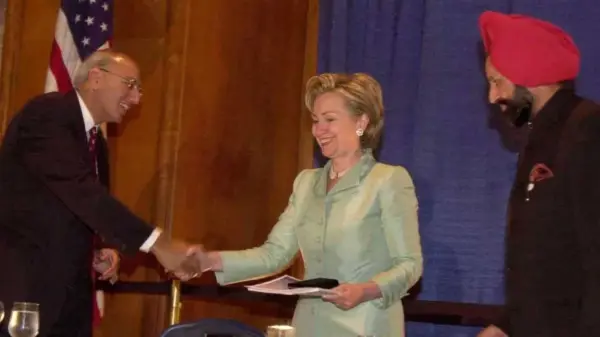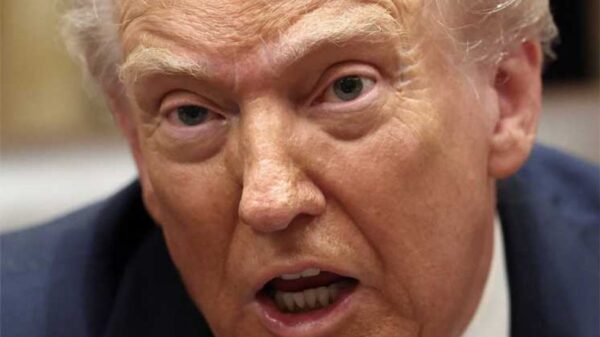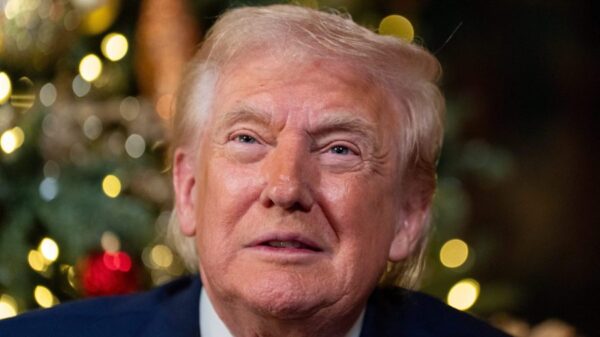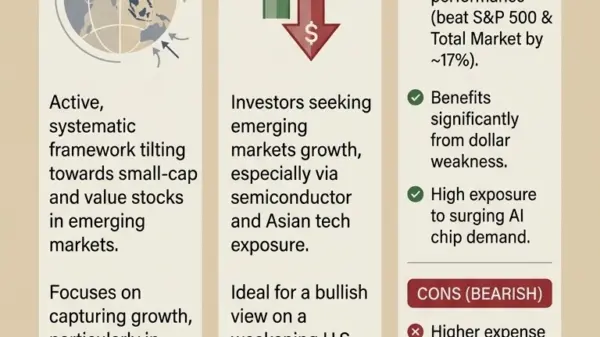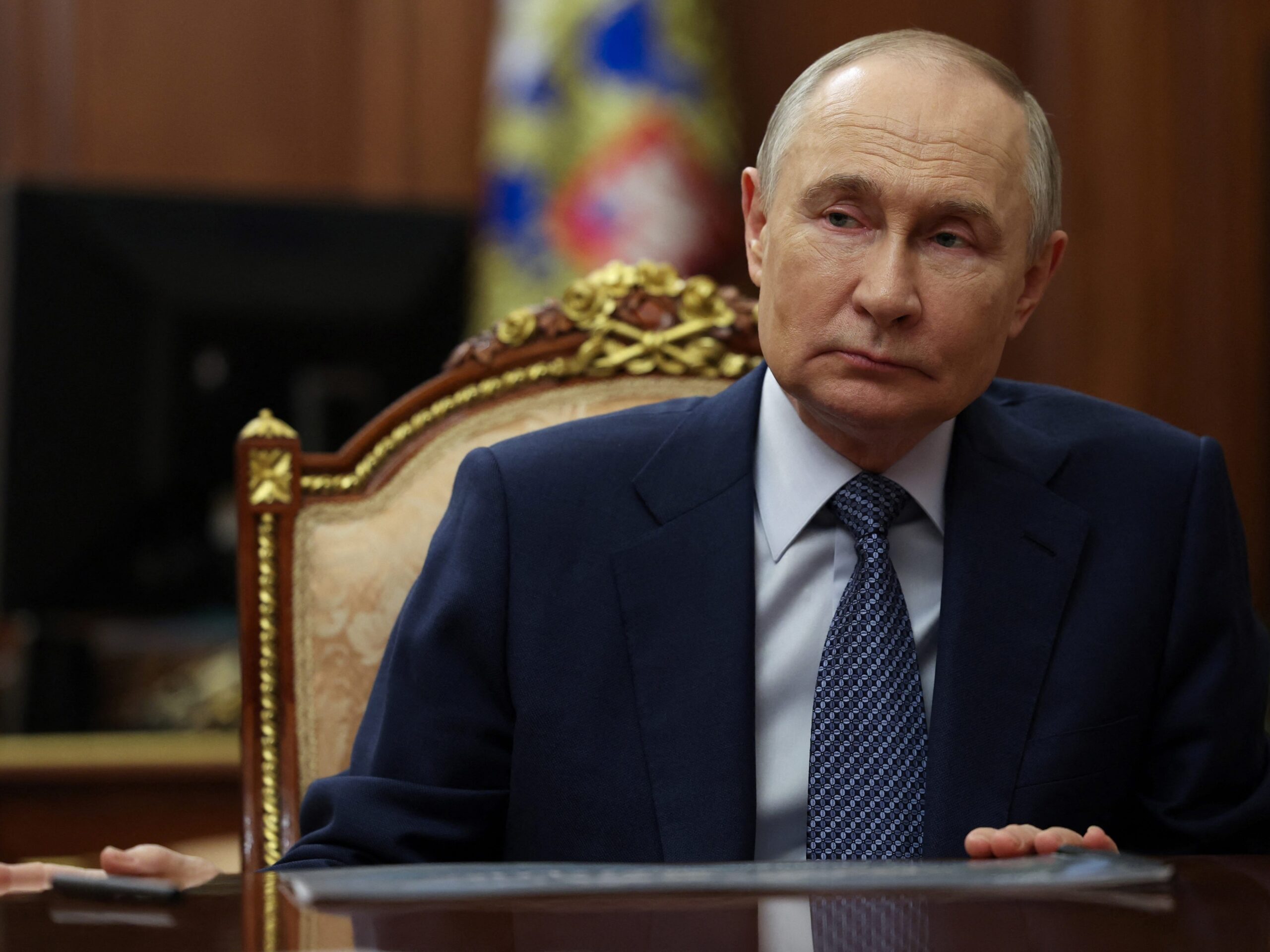URGENT UPDATE: The International Monetary Fund (IMF) has just downgraded its growth forecast for Russia in 2025, predicting a mere 0.9% growth due to tightening economic policies and falling oil prices. This significant revision signals a troubling slowdown for Russia’s economy, once buoyed by military spending and resilience against sanctions.
On October 10, 2023, Petya Koeva Brooks, a deputy director at the IMF, confirmed the downgrade, stating, “We are expecting Russia’s economic growth to slow down in 2025.” This follows two years of unexpected economic defiance, but the IMF now highlights systemic weaknesses across critical sectors.
The IMF’s previous projection of 1.5% growth in April has now been slashed, a stark change driven by disappointing data in retail sales, industrial production, and GDP figures. Russia has witnessed a contraction in manufacturing activity, a softening job market, and a drop in GDP growth to 1.4% in the first quarter of 2023, down from 4.5% in the previous quarter.
This downgrade arrives just months after the IMF raised its 2024 growth forecast to 4.3%, reflecting stronger-than-expected momentum. However, the rapid reversal underscores the fragility of Russia’s wartime economy. With inflation slowing, the central bank recently reduced its key interest rate from 20% to 18% in an attempt to stimulate demand.
Geopolitical tensions are escalating, particularly from the United States. On the same day as the IMF’s announcement, President Donald Trump issued a stark ultimatum to Vladimir Putin, threatening tariffs and punitive measures if Russia does not agree to a ceasefire with Ukraine within 10 days. This warning has sent oil prices surging to around $70 a barrel, the highest in over a month.
“I don’t worry about it,” Trump stated, referring to the potential fallout from further sanctions. “We have so much oil in our country. We’ll just step it up even further,” he added, highlighting the U.S.’s robust oil production capabilities.
The combination of the IMF’s downgrade and political pressure from Washington paints a concerning picture for Russia, which has defied economic expectations since its invasion of Ukraine in 2022. With economic indicators pointing toward a potential recession, the international community is closely monitoring Russia’s next moves.
As the situation develops, all eyes will be on the Kremlin to see how it responds to both internal economic pressures and external geopolitical threats. The looming question remains: Will Russia’s economy stabilize, or is a more severe downturn ahead?
Stay tuned for updates on this critical economic development.













